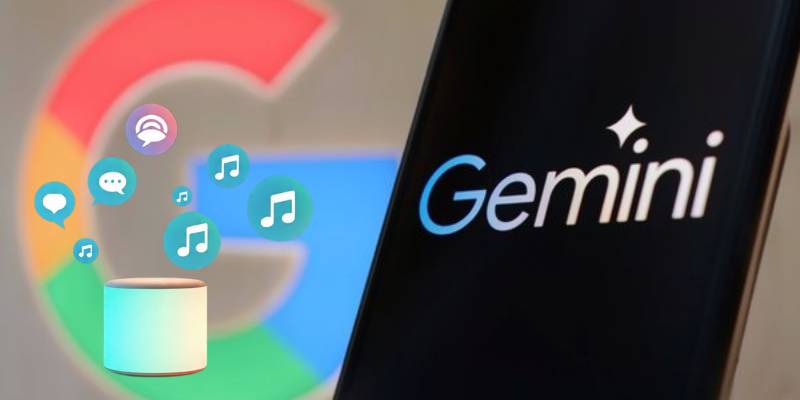
Meet Gemini — Google’s Bold New AI That Wants to Run Your Home
Google is taking another big swing at the smart home world with the launch of Gemini for Home, a conversational AI designed to replace the traditional Google Assistant on speakers, displays, and cameras.
It officially starts rolling out on October 1, 2025 — a move that could completely redefine how people talk to their homes, as described in The Verge’s first look at Gemini.
What makes Gemini different is its ability to keep up with human flow — you don’t have to keep saying “Hey Google” every time you add something.
You can simply say, “Turn off the lights in the living room and play something chill,” and it just… gets it. It even remembers context between commands. C
ameras and doorbells are getting smarter too, with “Gemini-powered vision” offering scene summaries and natural-language video searches, according to TechCrunch’s report on Google’s new AI-powered smart home line.
But there’s more: Google is introducing Google Home Premium, a paid tier that unlocks Gemini Live — continuous conversations without the wake word — plus enhanced camera features and automation tools.
Devices dating back nearly a decade will get some core Gemini functions, but only newer hardware supports the premium experience, which is why The Verge’s piece on the new Nest hardware is worth a glance if you’re wondering which gear makes the cut.
The rollout isn’t all-at-once either. Early adopters can enroll through the Google Home app’s Early Access program, while full deployment is set for early 2026.
That’s around the same time the company plans to release a new Gemini-ready Google Home speaker — priced at about $99 and built to take full advantage of the new AI system, as noted in TechRadar’s breakdown of the upcoming device lineup.
What’s flying under the radar is how Google is quietly opening Gemini to other manufacturers.
Developers are already getting SDKs to make their own Gemini-native cameras and sensors, hinting at a wider platform strategy outlined on Google’s developer blog.
If that works, we might see a wave of third-party smart devices that “speak” Gemini fluently.
Still, privacy concerns loom. The more your AI knows your habits, the more personal data it needs to process.
How Google handles local versus cloud-based data could be a make-or-break moment for consumer trust.
Some insiders say the company is investing heavily in on-device processing — something even Wired’s deep dive on Gemini’s architecture hinted at — but skeptics remain cautious.
Personally, I find the idea both fascinating and a little eerie. The promise of a truly conversational home assistant is futuristic, but it also edges closer to something that “knows” too much.
If Gemini gets it right, your home could finally feel like it’s listening with intent instead of just waiting for keywords. But if it overreaches, it might just talk its way out of your living room.
Either way, this feels like the start of something much bigger than an upgrade — it’s Google’s latest attempt to make AI feel at home, literally.





















